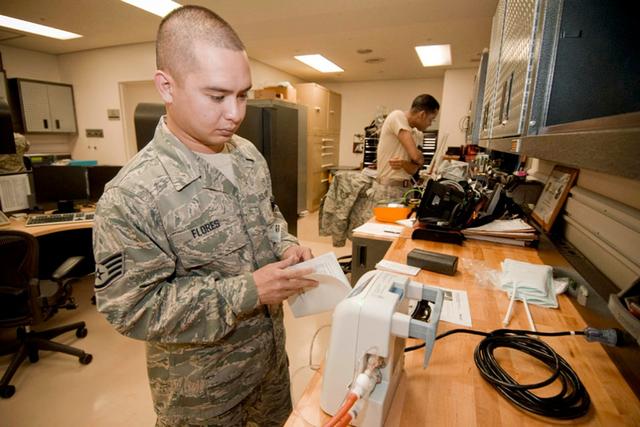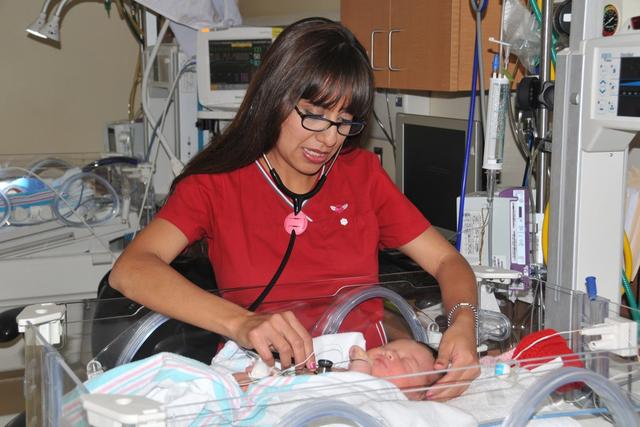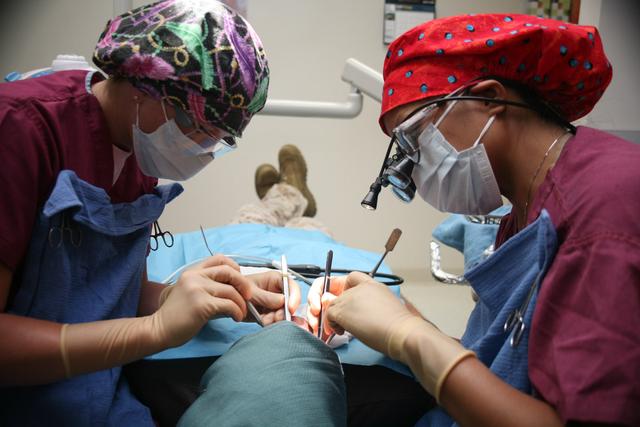Clinical Nurse Specialists
Overview
Introduction
Clinical nurse specialists (CNSs), a classification of advanced practice nurses (APNs), are registered nurses who have completed advanced clinical nurses educational practice requirements. Qualified to handle a wide variety of physical and mental health problems, CNSs are primarily involved in providing primary health care and psychotherapy. There are approximately 89,000 clinical nurse specialists in North America, according to the National Association of Clinical Nurse Specialists (NACNS).
Quick Facts
Median Salary
Employment Prospects
Minimum Education Level
Experience
Skills
Personality Traits
Earnings
Earnings for CNSs vary according to such factors as persons education and level of experience, type of employer, and geographic location. The median salary for clinical nurse specialists was $101,027 in 2024, according to PayScale.com. Salaries ranged from less than $74,000 to $130,000 per year or more. Benefits for full-time workers include paid vacation, health, disability, life insurance, an...
Work Environment
Clinical nurse specialists work primarily in hospitals, clinics, or nursing homes but may work out of their own homes and other community-based settings, including industry, home health care, and health maintenance organizations.
The work environment for CNSs varies by their employment setting. For example, clinical nurse specialists who work directly with patients may occasionally encou...
Outlook
Employment of registered nurses (a category that includes CNSs) is expected to grow percent (or faster than the average for all careers) from 2022 to 2032, according to the U.S. Department of Labor. Growth will occur because of an increase in the demand for health care services. Several factors—including health care legislation and the resulting newly insured, an increased emphasis on preventat...

































































































































